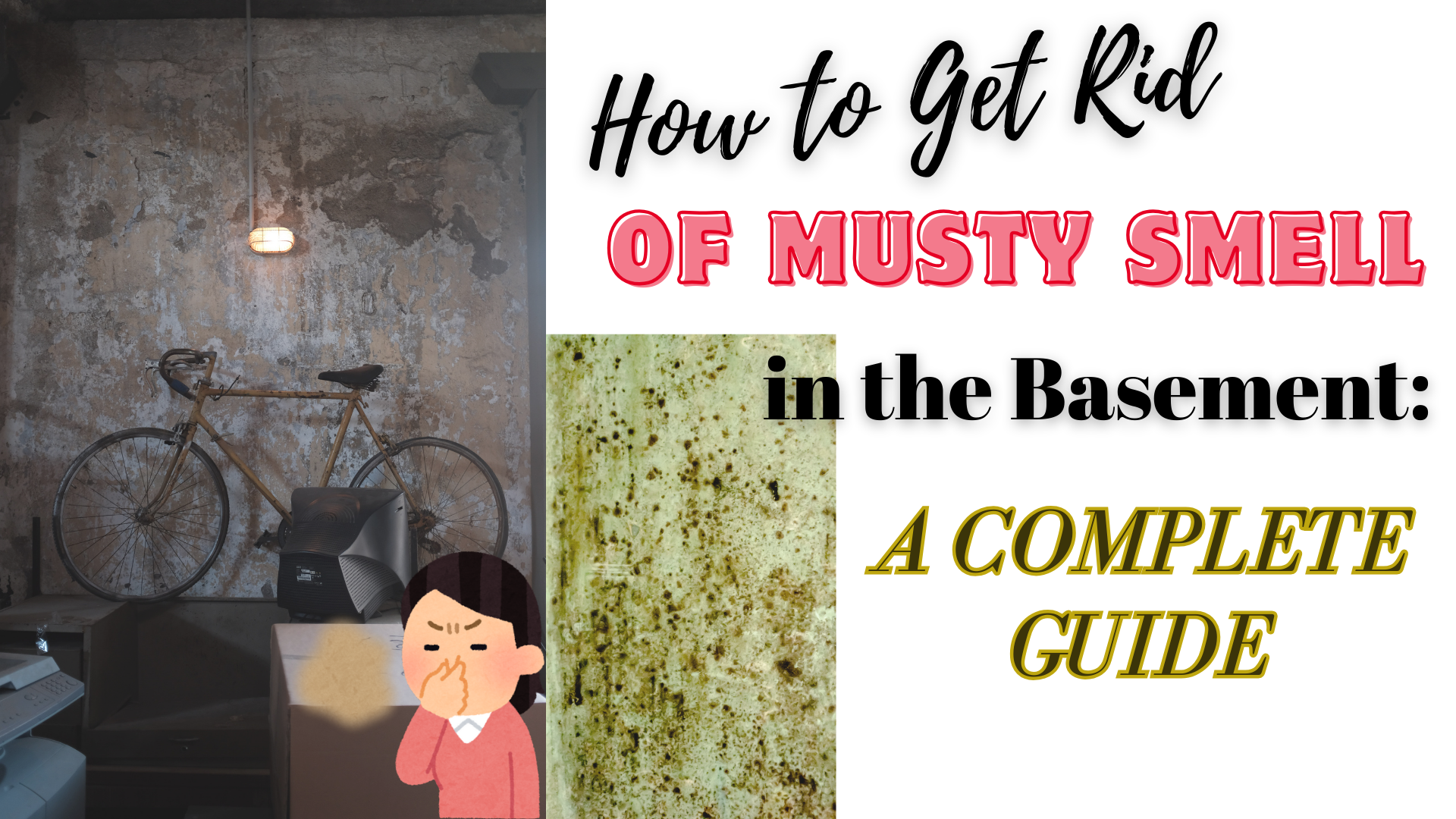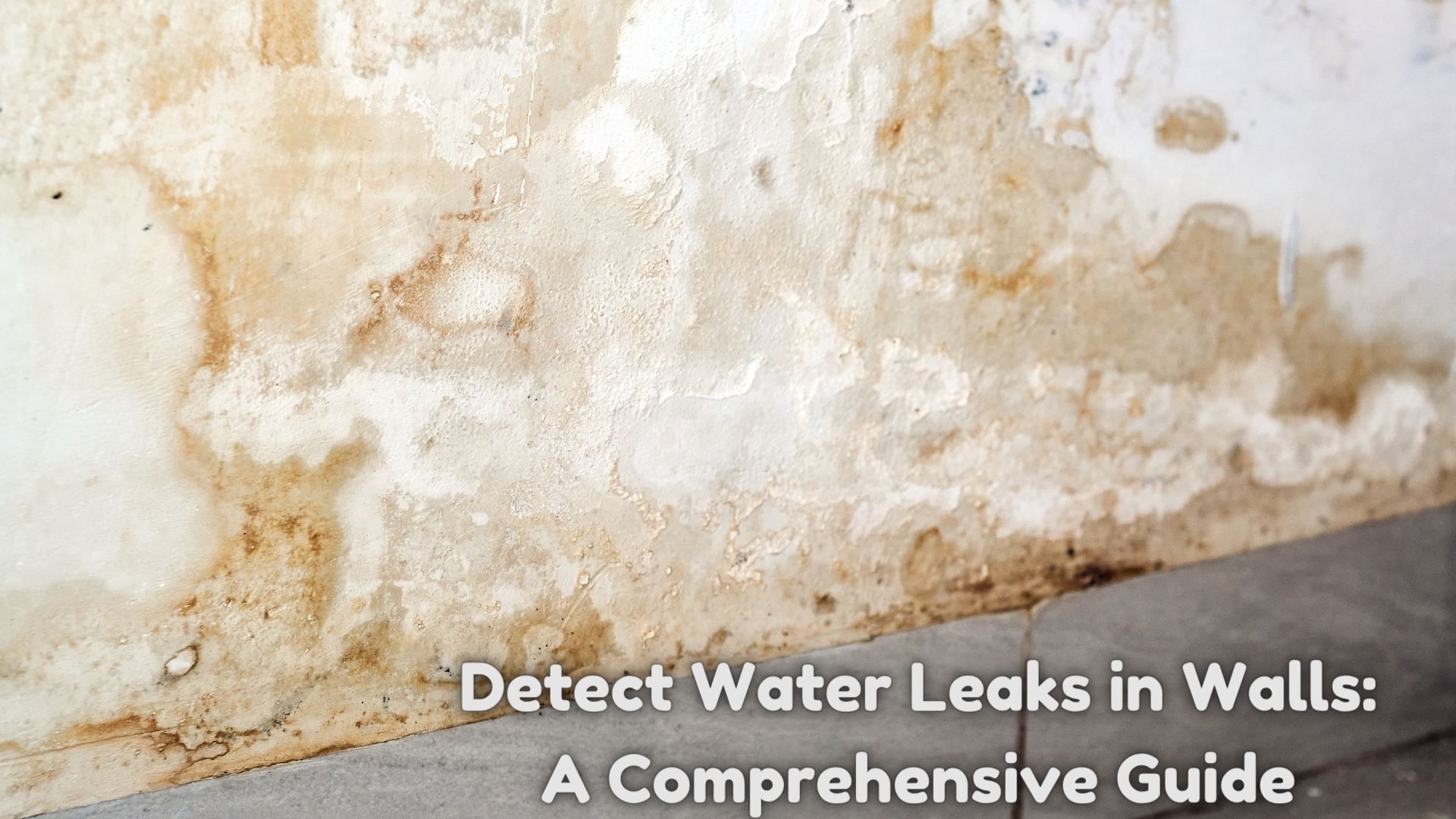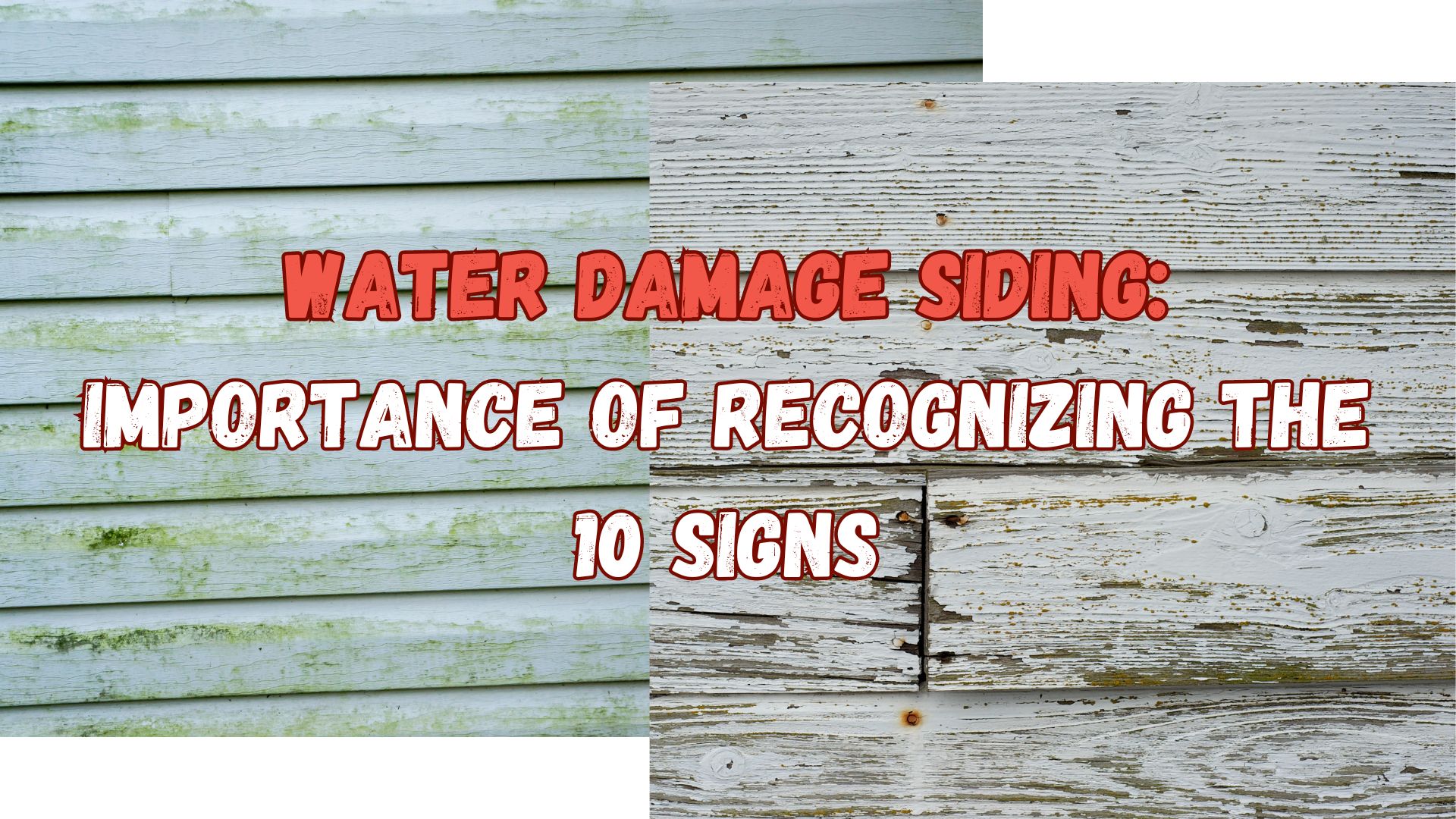A water heater is an essential appliance in our homes, providing us with hot water for various purposes. However, encountering a leaking water heater can be both frustrating and potentially damaging. Whether it's a slow drip or a sudden gush, promptly addressing a leaking water heater is crucial to prevent further damage and potential safety hazards. In this blog post, we will explore the common causes of water heater leaks, discuss possible solutions, and provide helpful prevention tips to help you maintain a leak-free water heating system.
“Why is my water heater leaking?” – Let's Know the Causes
1. Pressure Relief Valve (PRV) Failure
The pressure relief valve (PRV) is a crucial safety feature in water heaters. It's designed to release excess pressure from the tank to prevent explosions. If the PRV malfunctions or becomes faulty, it may allow water to leak from the valve. High pressure can result from factors such as a malfunctioning thermostat or a faulty pressure regulator.
Solution: To address this issue, you should replace the faulty PRV with a new one. It's important to ensure that the replacement valve matches the specifications recommended by the manufacturer. By doing so, you can maintain the proper regulation of pressure within the water heater.
2. Temperature and Pressure (T&P) Relief Valve Leakage
Similar to the PRV, the temperature and pressure relief valve (T&P relief valve) is responsible for preventing excessive pressure and temperature in the water heater tank. If the T&P relief valve malfunctions or becomes faulty, it can cause water to leak from the valve. This issue may occur due to mineral buildup, debris, or a defective valve.
Solution: Start by inspecting the T&P relief valve for any debris or mineral buildup. If present, carefully clean the valve and retest it. If the leakage persists, it's advisable to replace the valve. Consult the water heater's manufacturer's instructions or seek professional assistance to ensure proper replacement and installation.
3. Leaking Drain Valve
The drain valve is typically located at the bottom of the water heater and serves the purpose of draining sediment and performing routine maintenance. Over time, the drain valve may develop leaks due to corrosion, mineral buildup, or a loose connection.
Solution: To address a leaking drain valve, start by tightening it carefully. Exercise caution to avoid overtightening, which can result in damage. If tightening doesn't resolve the issue, the drain valve may be damaged and require replacement. Consider using a hose cap on the drain valve to prevent future leaks. Remember to consult the manufacturer's instructions or seek professional help if needed.
4. Corroded Tank
Water heaters are susceptible to internal corrosion, particularly in areas with hard water. Over time, minerals and sediments in the water can accumulate inside the tank, leading to corrosion. Corrosion weakens the tank's integrity and can eventually result in leaks.
Solution: Unfortunately, if the tank is corroded, it is advisable to replace the entire water heater. Corroded tanks are difficult to repair and may pose safety risks. Regular maintenance, including flushing the tank annually, can help minimize sediment buildup and extend the lifespan of the water heater.
5. Loose or Damaged Pipe Connections
Poorly tightened or damaged pipe connections can also cause water leaks around the water heater. These connections include the inlet and outlet pipes, as well as the connections to the pressure relief valve and other components.
Solution: It's important to inspect all pipe connections around the water heater and tighten any loose fittings. Use the appropriate tools, such as a wrench or pliers, to ensure proper tightening. If any pipes are damaged or show signs of corrosion, they should be promptly replaced to prevent further leaks.
By understanding these common causes of water heater leaks, you can take the necessary steps to address them promptly and effectively, minimizing potential damage and ensuring the longevity of your water heating system.
Solutions for Water Heater Leaks
1. Temporary Fixes
If you encounter a water heater leak, it's important to take immediate action to minimize damage. Here are a few temporary solutions you can implement:
- Shut off the power or gas supply: To ensure safety, turn off the power supply to an electric water heater or the gas supply to a gas water heater.
- Close the water supply valve: Locate the water supply valve connected to the water heater and turn it off. This will prevent further water flow into the tank.
- Attach a garden hose: If the water heater has a drain valve, attach a garden hose to the valve and direct the water to a suitable drain. This will help to drain any remaining water from the tank.
- Consult a professional plumber: While these temporary fixes can minimize immediate damage, it's crucial to seek professional assistance to identify and address the root cause of the leak.
2. DIY Repairs
For minor water heater leaks, you may attempt some DIY repairs. However, keep in mind that if you're unsure or uncomfortable with the process, it's best to consult a professional plumber. Here are some DIY repair solutions:
- Replace a faulty PRV or T&P relief valve: If you have identified a faulty pressure relief valve or temperature and pressure relief valve as the source of the leak, you can replace it by following the manufacturer's instructions. Ensure you use the recommended replacement valve for your specific water heater model.
- Seal leaking pipe connections: Use the plumber's tape (Teflon tape) or joint compound to seal any leaking pipe connections. Apply the tape or compound to the threads of the pipe fittings before reassembling them. This creates a tight seal that prevents water leaks.
- Replace a leaking drain valve: If the drain valve is the source of the leak, you can attempt to tighten it carefully. If tightening doesn't resolve the issue, you may need to replace the drain valve with a new one. Follow the manufacturer's instructions or seek professional guidance for proper replacement.
3. Professional Assistance
For major leaks or complex issues, it's advisable to seek professional help from a licensed plumber. Here's how a professional plumber can assist:
- Thorough assessment: A professional plumber will thoroughly inspect the water heater and its components to identify the exact cause of the leak. They have the expertise to diagnose and pinpoint the problem accurately.
- Appropriate repairs: Once the cause of the leak is determined, the plumber can provide appropriate repairs using their specialized tools and equipment. They will ensure that the repairs are done correctly and effectively to prevent further leaks.
- Replacement recommendation: In some cases, if the water heater is old, or severely damaged, or if the repairs are not feasible, a professional plumber may recommend replacing the entire water heater. They can guide you in selecting a suitable replacement and handle the installation process.
Remember, safety should always be a top priority when dealing with water heater leaks. If you're uncertain or uncomfortable with the repair process, it's best to consult a professional plumber to avoid any potential hazards or further damage. Their expertise will ensure that the leak is addressed properly, restoring the functionality and safety of your water heater.
Preventing Water Heater Leaks
1. Regular Maintenance
Regular maintenance plays a crucial role in preventing water heater leaks. Here are some maintenance tasks to consider:
- Flushing the water heater: Sediment buildup inside the tank can lead to corrosion and decreased efficiency, which can eventually result in leaks. To prevent this, flush the water heater annually to remove sediment. Follow the manufacturer's instructions or consult a professional plumber for guidance on the flushing process.
- Inspecting and testing the T&P relief valve: The temperature and pressure relief valve (T&P relief valve) is a safety feature that helps prevent excessive pressure and temperature in the water heater. Regularly inspect the valve for proper functioning and test its release by lifting the lever. If the valve doesn't operate correctly or there are signs of leakage, consider replacing it every few years.
- Checking for tank corrosion: Inspect the water heater tank for any signs of corrosion or rust. Corrosion weakens the tank's integrity and increases the risk of leaks. If you notice corrosion, it's advisable to consult a professional plumber to assess the situation and determine the appropriate course of action, such as tank replacement.
2. Monitor Water Pressure
High water pressure can strain the water heater, potentially leading to leaks. To prevent this, monitor the water pressure and install a pressure regulator if necessary. A pressure regulator helps maintain a consistent and safe water pressure level, reducing stress on the water heater and other plumbing components.
3. Address Hard Water Issues
Hard water, which contains high levels of minerals like calcium and magnesium, can accelerate the formation of sediment inside the water heater, increasing the likelihood of corrosion and leaks. To address hard water issues:
- Install a water softener: A water softener system can remove minerals from the water supply, reducing the accumulation of scale and sediment inside the water heater. Consult a professional plumber to determine the appropriate size and type of water softener for your needs.
- Use a descaling agent: Regularly using a descaling agent specifically designed for water heaters can help dissolve existing mineral buildup. Follow the manufacturer's instructions for proper usage and ensure that the descaling agent is compatible with your water heater.
4. Professional Inspection
Schedule periodic inspections by a licensed plumber to proactively identify potential problems and address them before they escalate into leaks. A professional plumber can perform a thorough assessment of your water heater, check for any signs of wear and tear, and provide recommendations for maintenance or repairs. Regular inspections can help identify and resolve issues early, saving you from costly repairs or replacements down the line.
By implementing these prevention measures, you can significantly reduce the risk of water heater leaks. Regular maintenance, monitoring water pressure, addressing hard water issues, and seeking professional inspections will help keep your water heater in optimal condition, ensuring its longevity and reliable performance. Remember, prevention is key to avoiding leaks and the potential damage they can cause to your home.
Hire a Reliable Professional
Water heater leaks can be a nuisance, causing damage to your home and potentially wasting energy and water resources. By understanding the common causes of water heater leaks, implementing appropriate solutions, and following preventative measures, you can minimize the risk of leaks and prolong the lifespan of your water heating system. Remember to address leaks promptly, and when in doubt, consult a professional plumber for expert advice.
When it comes to water damage restoration caused by water heater leaks or any other plumbing issues, Superior Restoration is here to help. With their expertise and experience, they specialize in mitigating and restoring properties affected by water damage. Their team of certified professionals is equipped with advanced equipment to quickly and efficiently extract water, dry affected areas, and restore your home to its pre-damage condition. By promptly contacting Superior Restoration, you can rely on their services to handle the water damage restoration process and minimize any further complications.
With proper care, maintenance, and the support of professionals like Superior Restoration, you can enjoy a leak-free and reliable supply of hot water in your home for years to come.
Open 24/7 to serve you – contact Superior Restoration for your damage restoration needs.




